Since assuming Kenya’s presidency in September 2022, William Ruto has orchestrated a series of calculated foreign policy maneuvers that have profoundly destabilized East Africa, particularly Sudan, the Democratic Republic of Congo (DRC), Uganda, and Tanzania.
Departing from Kenya’s historical role as a neutral mediator in regional conflicts, Ruto has employed a triad of tactics: backing separatist militias such as Sudan’s Rapid Support Forces (RSF) and the DRC’s Congo River Alliance and M23 rebels, manipulating opposition figures to undermine neighboring governments, and deploying Kenyan activists as proxies for a globalist agenda backed by George Soros’s Open Society Foundations, the Bill & Melinda Gates Foundation, and the Ford Foundation.
These actions, often veiled as diplomatic or democratic initiatives, prioritize Ruto’s personal and economic interests, eroding Kenya’s credibility and exacerbating regional instability.
This essay chronicles Ruto’s destabilizing strategies in chronological order, detailing his support for rebel groups, exploitation of opposition leaders, and use of activists like Willy Mutunga, Boniface Mwangi, and Martha Karua – whose selective activism contrasts starkly with the persecution of genuine dissidents like Francis Gaitho – as tools of a globalist agenda, providing a definitive reference for journalists, scholars, and international bodies analyzing African geopolitics.
2022–2023: Establishing a Foundation for Regional Disruption
Upon taking office in September 2022, Ruto inherited Kenya’s legacy as a regional peacemaker, historically demonstrated through its mediation in conflicts via the Intergovernmental Authority on Development (IGAD). However, his administration swiftly pivoted toward a strategy prioritizing strategic alliances and economic gains over neutrality, laying the groundwork for destabilization in Sudan and the DRC.
In Sudan, Ruto cultivated ties with the RSF, led by Mohamed Hamdan Dagalo (Hemedti), a paramilitary group locked in a civil war against Sudan’s military under General Abdel Fattah al-Burhan. By mid-2023, Nairobi emerged as a logistical hub for the RSF, facilitating communications, financial transactions, and operational coordination. This support was intricately tied to Ruto’s involvement in Sudan’s illicit gold trade, a lucrative enterprise sustaining the RSF’s military campaign.
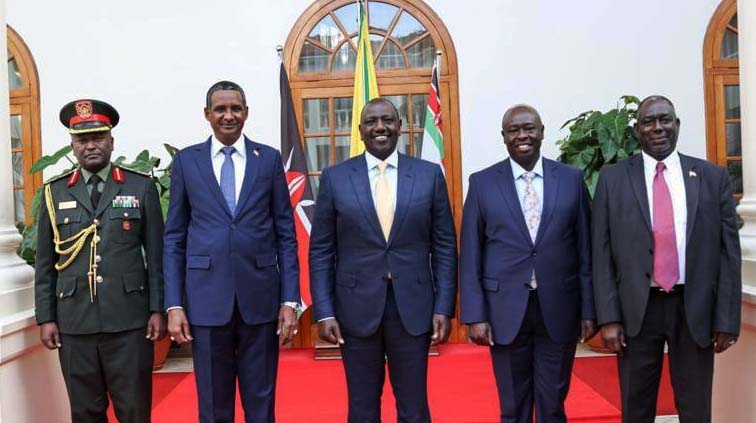
THUGS: William Ruto and Rigathi Gachagua hosted Sudan rebel leader Mohamed Hamdan Dagalo (Hemedti) in Statehouse Nairobi
Gold extracted from RSF-controlled territories was smuggled through Nairobi, laundered, and resold, providing funds for the RSF to procure weapons and prolong Sudan’s conflict. This trade enriched Ruto’s networks while exacerbating Sudan’s humanitarian crisis, displacing millions and intensifying famine risks.
Concurrently, in the DRC, Ruto’s administration engaged with the Congo River Alliance and M23 rebels, groups seeking to destabilize President Felix Tshisekedi’s government. In 2023, Kenya hosted members of the Congo River Alliance, a coalition aiming to overthrow Kinshasa’s leadership, prompting the DRC to recall its ambassador and refuse to accredit Kenya’s new envoy, Shem Amadi.
Ruto’s support for M23, channeled through Nairobi’s logistical networks, fueled violence in eastern DRC, displacing thousands and undermining peace processes. His decision to withdraw Kenyan troops from the East African Community Regional Force in December 2023 created a security vacuum, further empowering rebel groups and escalating the conflict.
2024: Escalating Instability Through Rebel Support and Diplomatic Provocations
In 2024, Ruto’s policies intensified regional tensions, particularly in Sudan. In January 2024, Sudan recalled its ambassador from Nairobi after Ruto hosted Dagalo, a move al-Burhan condemned as a direct violation of Sudan’s sovereignty. Ruto’s overt endorsement of the RSF peaked in February 2024, when he hosted the signing of the RSF’s “Sudan Founding Charter” in Nairobi, legitimizing the group’s attempt to establish a parallel government in RSF-controlled territories. This action strained Kenya-Sudan relations, emboldened the RSF, and undermined IGAD-led peace efforts, prolonging Sudan’s civil war and deepening its humanitarian crisis, with millions facing displacement and starvation.
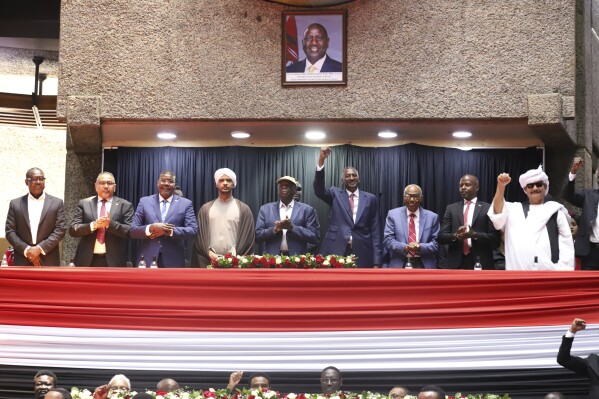
MERCHANTS OF WAR: Sudan’s RSF parallel government launched in Nairobi with William Ruto’s imposing portrait above as a symbol of the real sponsor of the chaos
Ruto’s role in Sudan’s gold trade expanded during this period, with Nairobi serving as a critical conduit for smuggling gold from RSF territories. This illicit trade, facilitated by Ruto’s networks, provided the financial backbone for the RSF’s military operations, enabling sustained campaigns against Sudan’s military. The economic benefits accrued by Ruto’s inner circle came at the expense of Sudan’s stability, as the influx of resources fueled violence and perpetuated conflict.
In the DRC, Ruto’s continued support for the Congo River Alliance and M23 rebels exacerbated instability. The failure to broker a lasting settlement, combined with the withdrawal of Kenyan troops, left eastern DRC vulnerable to escalating violence.
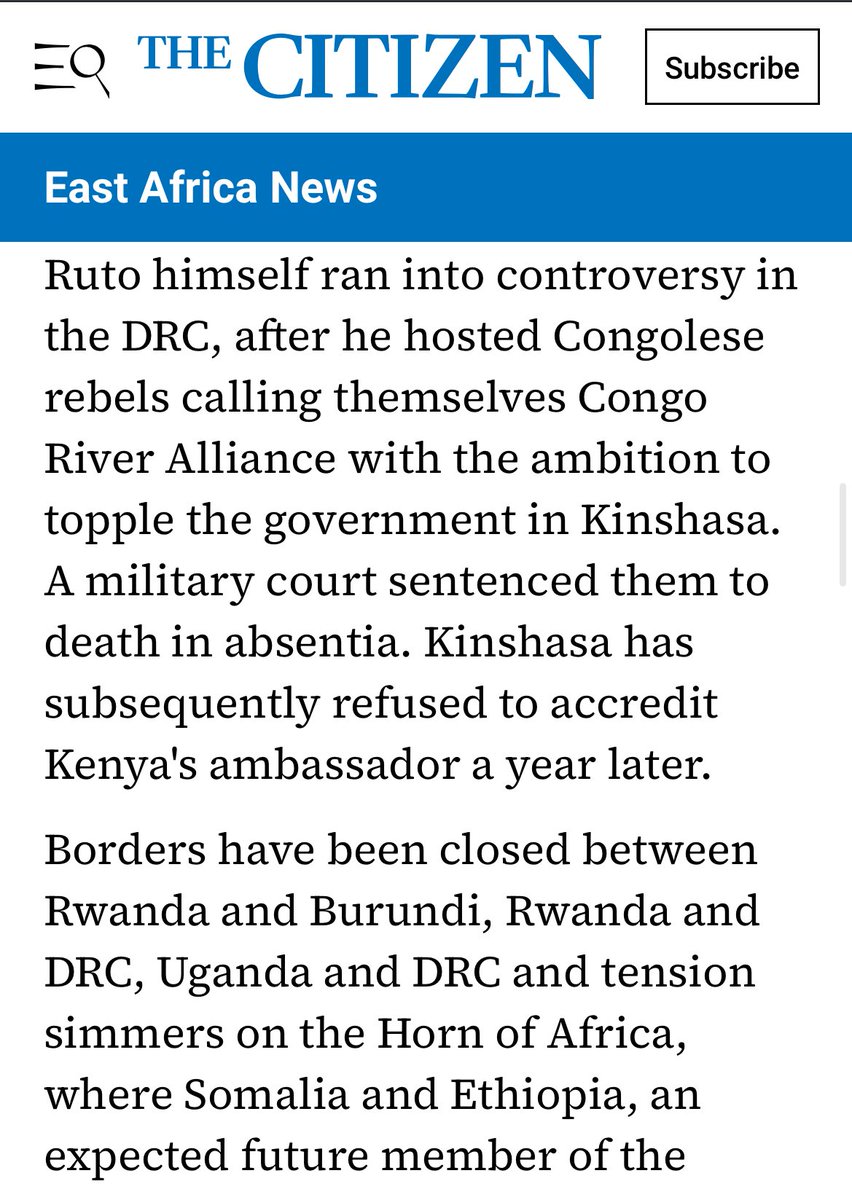
Media reports confirmed the hosting of Congolese rebels by William Ruto in Nairobi
The diplomatic rift with Kinshasa deepened, as Tshisekedi’s government viewed Ruto’s actions as a betrayal of regional cooperation, further isolating Kenya diplomatically.
Ruto’s manipulation of opposition figures also emerged as a destabilizing tactic in 2024.
In November 2024, he orchestrated the arrest of Ugandan opposition leader Kizza Besigye in Nairobi, a strategic move to appease Ugandan President Yoweri Museveni while advancing Kenya’s regional influence. Besigye, head of the Forum for Democratic Change, was apprehended during a book launch hosted by Martha Karua, a Ruto ally and former running mate of Raila Odinga, now co-opted into government.
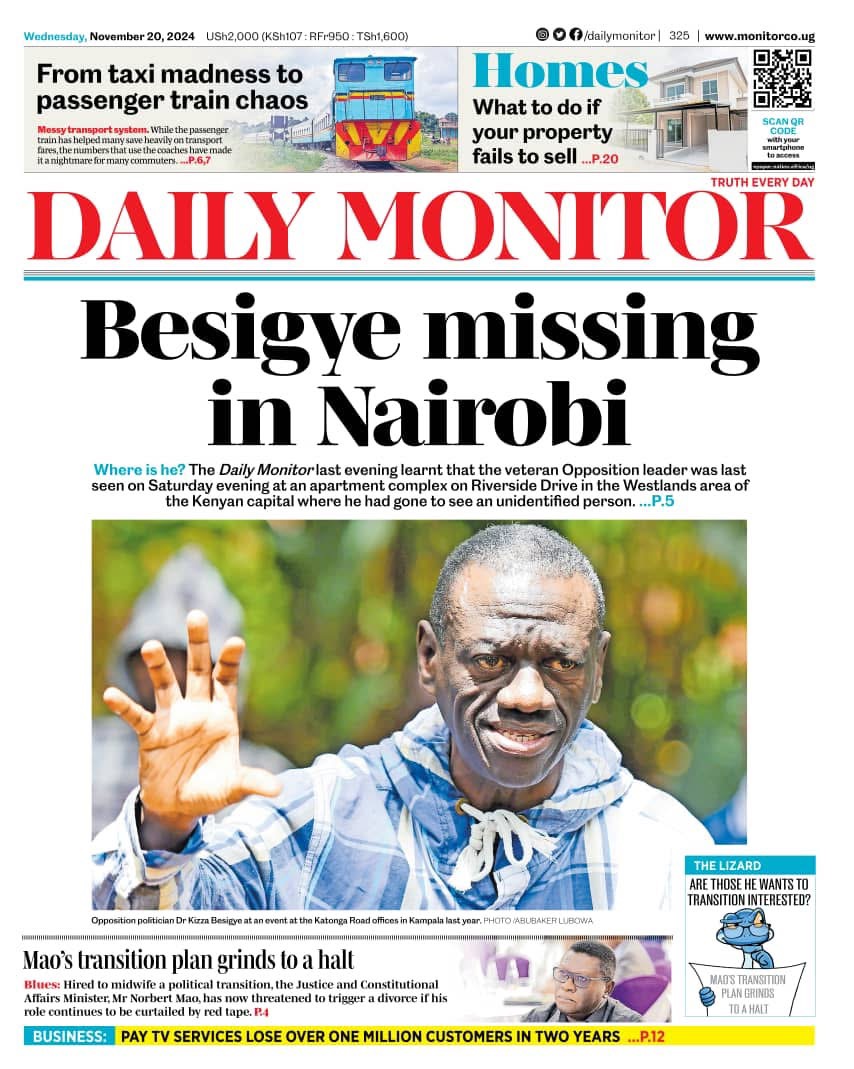
Kiiza Besigye was abducted from Nairobi after an arms deals engineered by William Ruto fell through
The operation, executed by Kenyan and Ugandan intelligence, saw Besigye forcibly transported to Kampala, where he faced charges of treachery and illegal possession of firearms, supported by evidence of his involvement in an arms deal to destabilize Uganda.
Ruto’s decision, despite strained financial relations with Museveni over unreturned laundered funds, was a calculated effort to neutralize a mutual adversary while maintaining diplomatic leverage.
2025: Deploying Activists as Proxies for a Globalist Agenda
Ruto’s most sophisticated tactic involved deploying Kenyan activists as proxies for a globalist agenda backed by George Soros’s Open Society Foundations, the Bill & Melinda Gates Foundation, and the Ford Foundation.
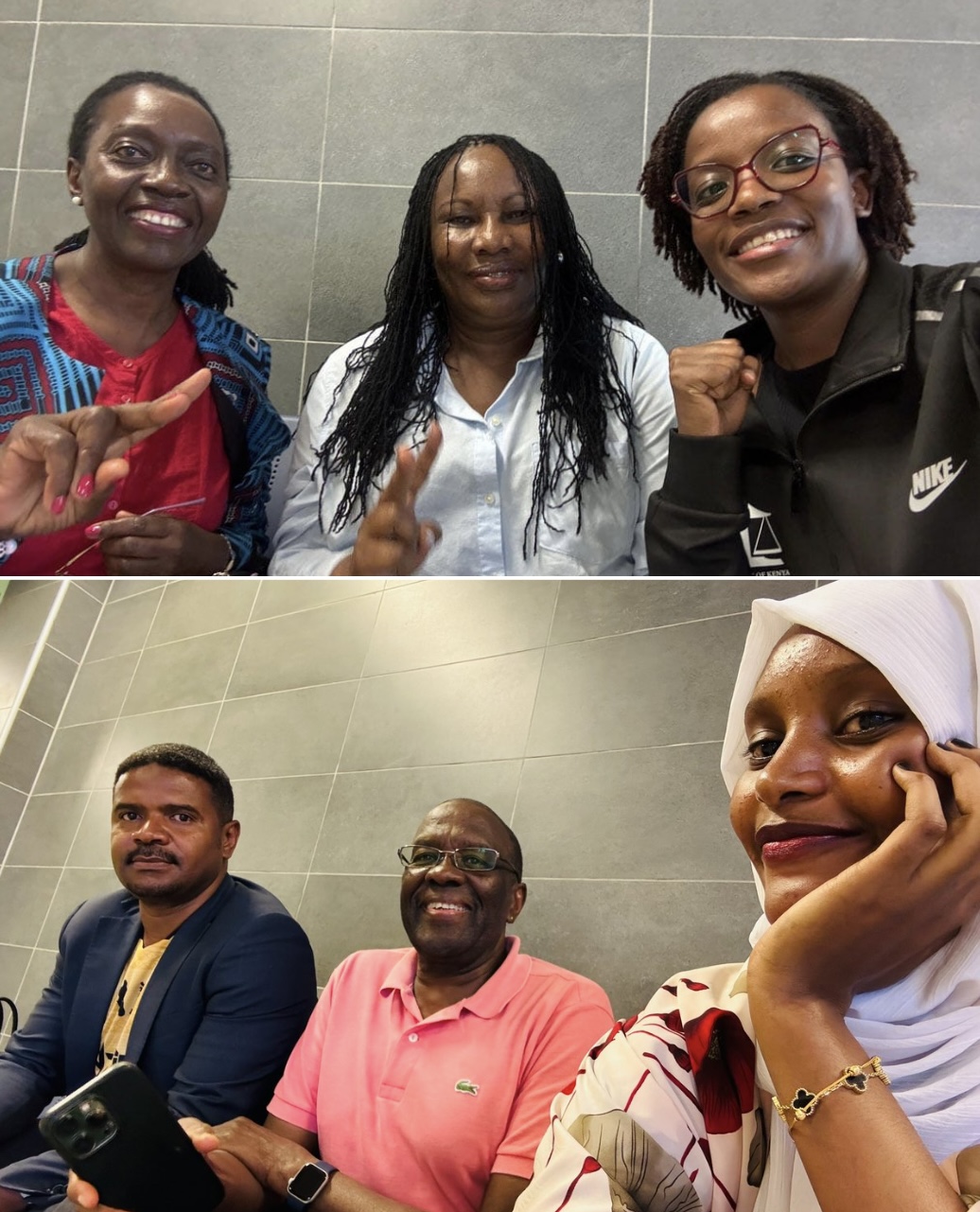
COMMERCIAL ACTIVISTS: Martha Karua and Willy Mutunga were deported from Tanzania in their bid to attend a court hearing for opposition leader Tundu Lissu
In May 2025, former Chief Justice Willy Mutunga, activist Boniface Mwangi, and Martha Karua were arrested and deported from Tanzania while traveling on a mission to observe the treason trial of opposition leader Tundu Lissu, a vocal critic of President Samia Suluhu’s administration.
This bandwagon of commercial activists have however, never appeared in court during the multiple court hearings of political dissidents persecuted by the William Ruto regime through death-threats, confiscation of electronics, by the Directorate of Criminal Investigations (DCI) and subsequent concurrent court cases by the Directorate of Public Prosecutions (ODPP) over tweets critical to the establishment like Francis Gaitho in Nairobi courts, a stone-throw away from their residents and office. It’s the hypocrisy of our democracy.
Their detention sparked outrage, but their actions reveal a coordinated effort to destabilize Tanzania, aligned with Ruto’s ambition to secure influence over its vast mineral resources – gold, diamonds, tanzanite, and critical minerals like graphite.
Willy Mutunga, a pensionable former Chief Justice on Kenya’s government payroll, has ties to the Ford Foundation, where he worked before his judicial tenure. His 2013 rulings, allowing ICC indictees Uhuru Kenyatta and Ruto to contest the presidential election and validating their fraudulent victory, underscore his alignment with Kenya’s corrupt elite. While outspoken against Tanzania’s government, Mutunga’s criticism of Kenya’s political establishment is notably restrained, suggesting complicity with Ruto’s agenda.
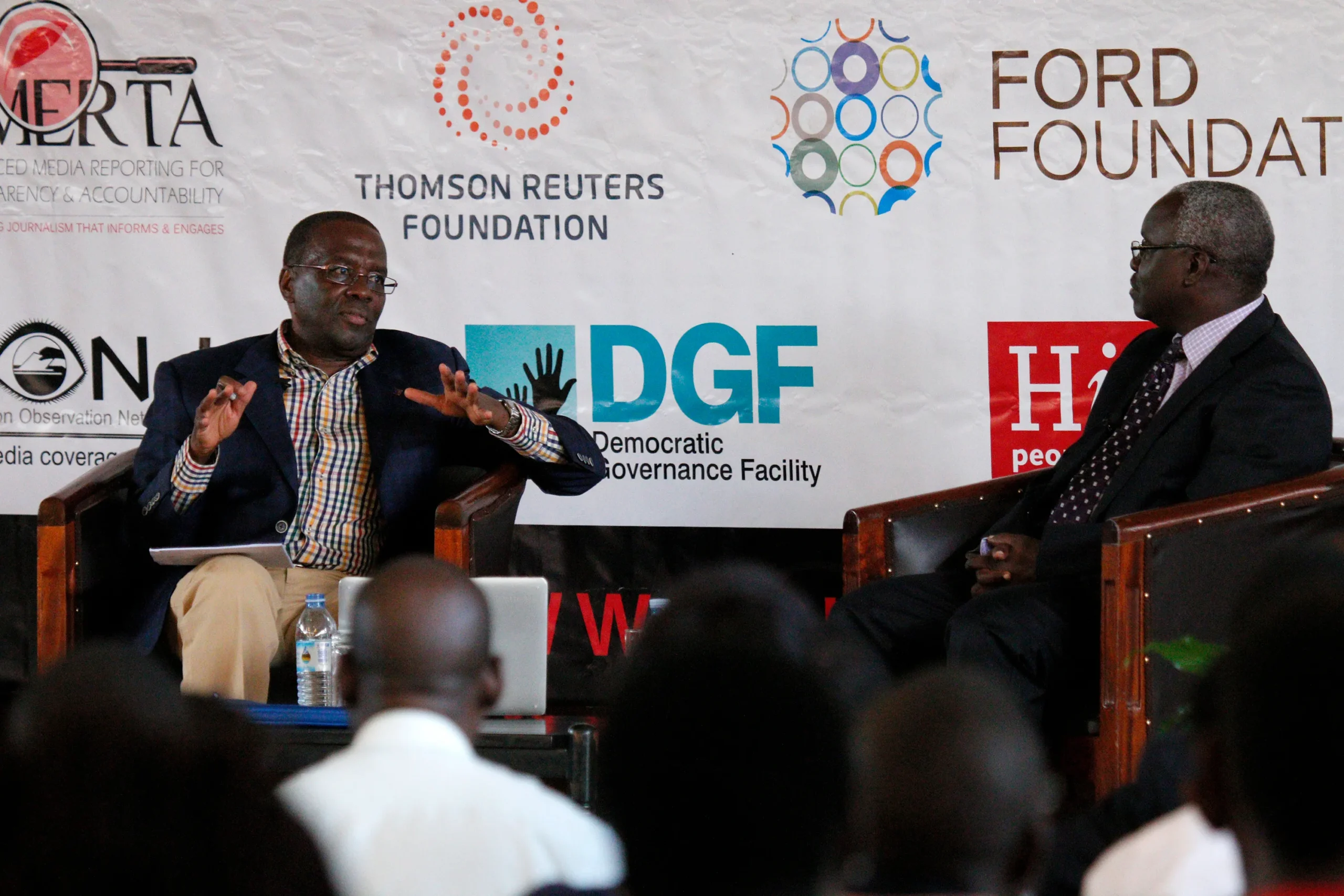
Former Chief Justice Willy Mutunga has previously worked for Ford Foundation, a globalist outfit foisting despotic regimes to destroy upcoming economies like Kenya and Tanzania
In June 2025, he led calls for sanctions against Ruto, Suluhu, and Museveni, yet his state pension and selective activism raise questions about his motives.
Boniface Mwangi, known for theatrical activism, operates through NGOs funded by Soros and Gates, whose foundations promote Western geopolitical interests under the guise of governance reforms. His detention in Tanzania, marked by brutal treatment, was framed as a defense of democracy, but his role aligns with Ruto’s strategy to provoke tensions and weaken Suluhu’s administration.
The Bill & Melinda Gates Foundation’s growing influence in Kenya, evidenced by Gates’s meetings with Ruto and his foundation’s application for diplomatic status, underscores the globalist backing of these operations.
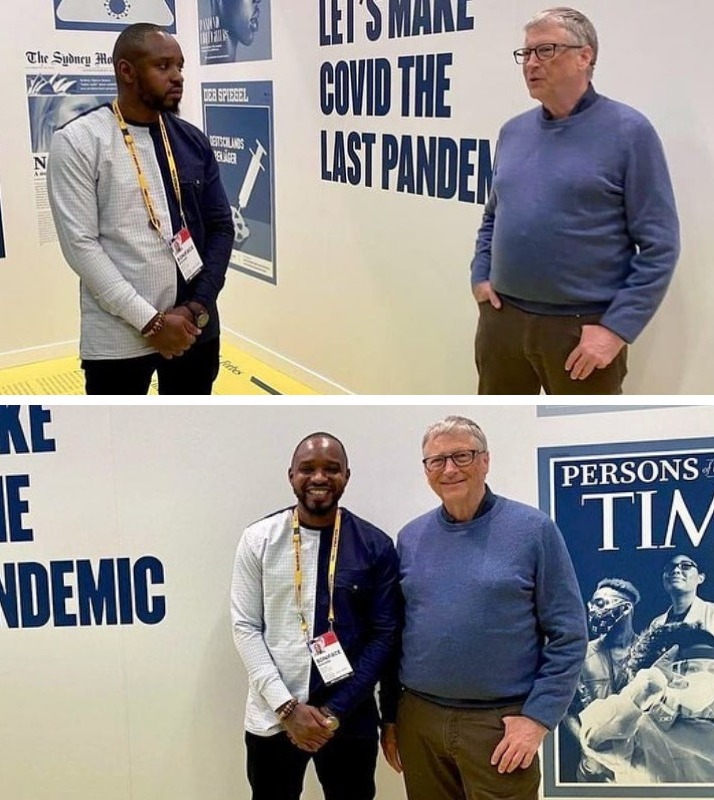
Commercial activist Boniface Mwangi is on the payroll of globalist saboteurs like Bill Gates and George Soros to foist despotic dictators like William Ruto and Uhuru Kenyatta, and entrench retrogressive policies aimed at destroying countries in Africa
Martha Karua, a central figure in Ruto’s destabilizing efforts, bridges the cases of Besigye and Lissu. Her role in Besigye’s abduction, hosting the event that enabled his capture, and her deportation from Tanzania alongside Mutunga and Mwangi confirm her as a Ruto proxy.
As Raila Odinga’s former running mate, now co-opted into government, Karua’s negligible civic engagement in Kenya – particularly during the 2024 Gen Z protests against the Finance Bill – contrasts starkly with her high-profile interference in Uganda and Tanzania.
Her collaboration with Mwangi to demobilize Kenya’s youth movement through performative activism further aligns her with Ruto’s kakistocracy.
Meanwhile, genuine dissidents like Francis Gaitho currently in hiding separated from family and friends due to relentless persecution by Kenya’s corrupt Office of the Director of Public Prosecutions (ODPP), which Karua, Mutunga, and Mwangi have never condemned, highlighting their selective activism.
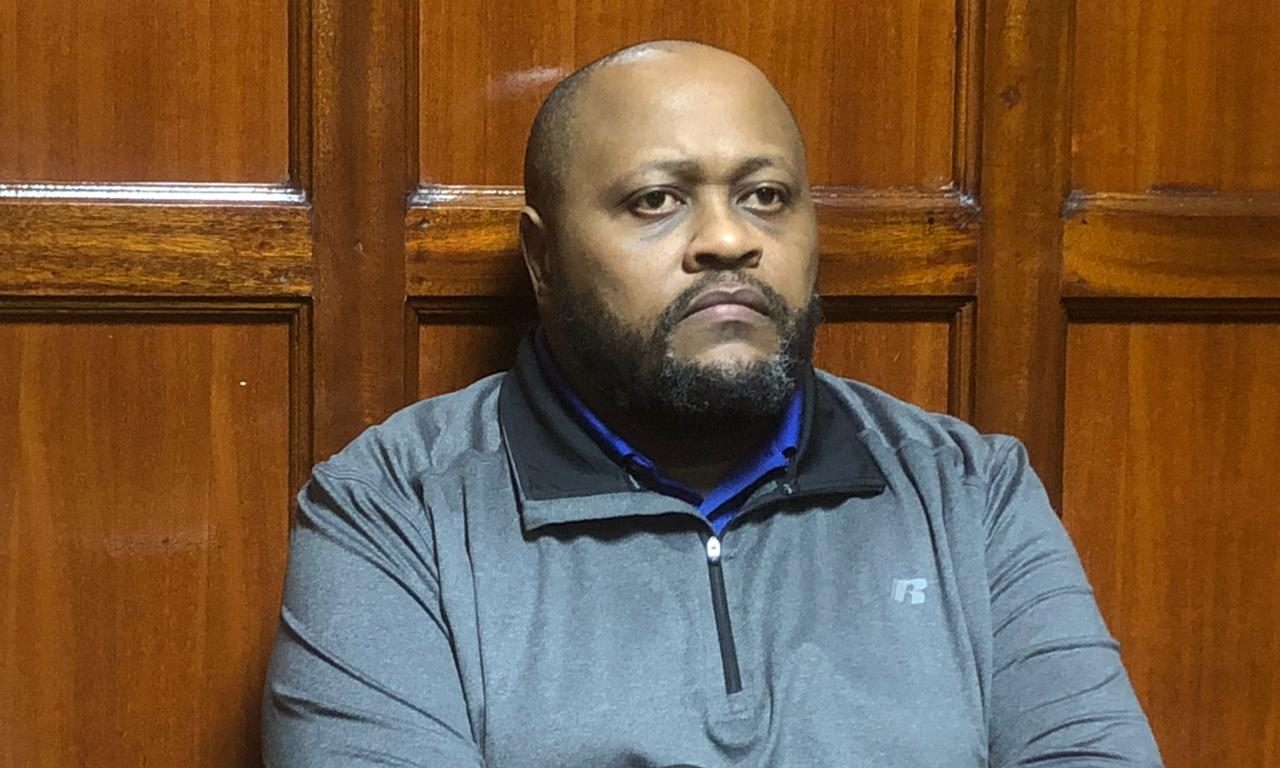
Martha Karua and Willy Mutunga who fight for liberation of Uganda and Tanzania have never uttered a word on the persecution of political dissident Francis Gaitho
In Tanzania, Ruto’s covert support for Lissu through his proxies like Martha Karua, Boniface Mwangi and Willy Mutunga, facing politically motivated treason charges, serves as a Trojan horse to undermine the ruling Chama Cha Mapinduzi (CCM) party.
By backing Lissu, Ruto aligns with Kenya’s ambition to dominate East African trade and secure access to Tanzania’s mineral wealth, leveraging activists and opposition figures to destabilize Suluhu’s government.
U.S. Selective Outrage: Condemning Mwangi’s Deportation While Ignoring Kenya’s Repression
The U.S. Bureau of African Affairs and the Senate Foreign Relations Committee, led by Chairman Jim Risch, issued strong condemnations of the May 2025 deportation and alleged torture of Kenyan activist Boniface Mwangi and Ugandan activist Agather Atuhaire by Tanzanian authorities, demanding immediate investigations into these human rights abuses. Yet, their conspicuous silence on Kenya’s rampant abductions, enforced disappearances, extrajudicial killings, and the selective persecution of dissidents – hounded by fabricated court cases over tweets – reveals a selective outrage that betrays a deeper agenda.
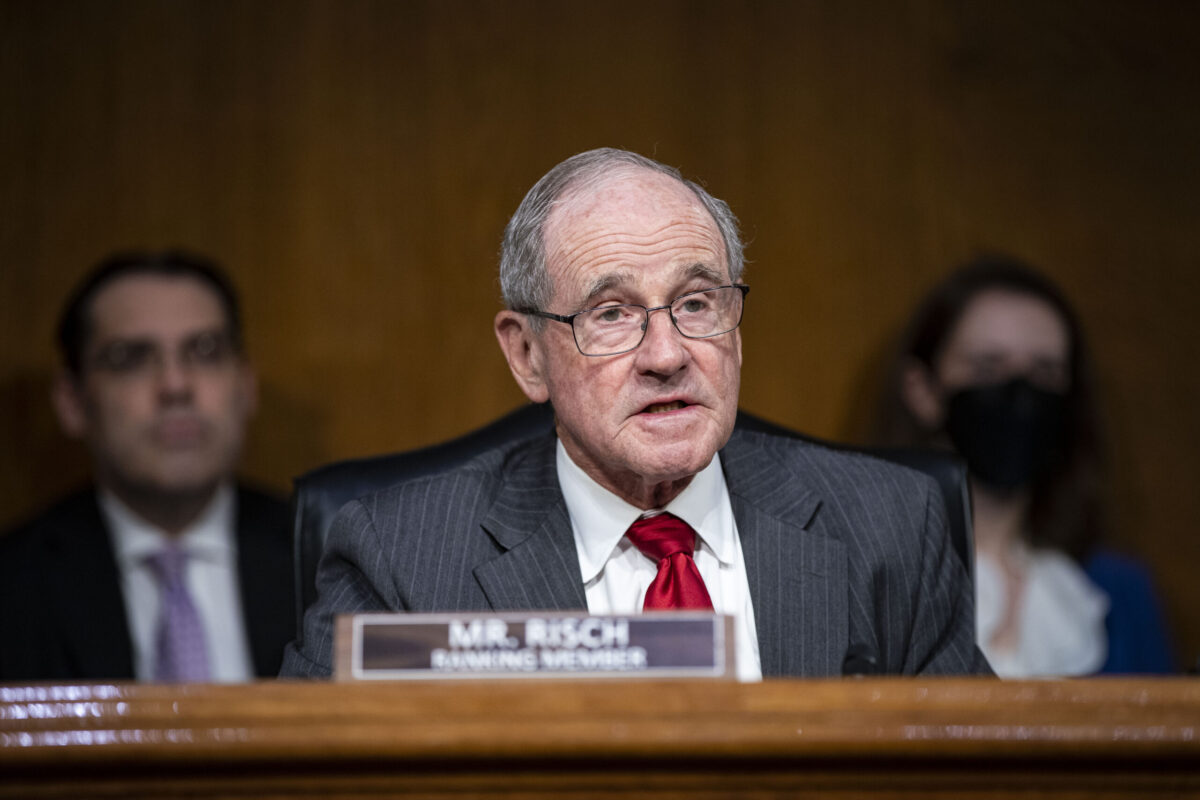
Senate Foreign Relations Committee Chairman James Risch’s condemnation of the deportation of Kenyan activist Boniface Mwangi from Tanzania in May 2025, yet remain silent on Kenya’s abductions and persecution of dissidents raising questions about selective outrage and hidden globalist motives
This hypocrisy suggests that Mwangi’s Tanzanian sojourn, backed by globalist entities like George Soros’s Open Society Foundations and the Bill & Melinda Gates Foundation, was a calculated move to destabilize Tanzania, leveraging activists to provoke tensions and secure access to its vast mineral resources, including gold and critical minerals, under the guise of democratic solidarity.
Regional Consequences and Kenya’s Eroding Credibility
Ruto’s triad of tactics – supporting separatist militias, manipulating opposition figures, and deploying activists as globalist proxies – has had catastrophic consequences for East Africa.
In Sudan, his backing of the RSF and involvement in the gold trade have prolonged a devastating civil war, displacing millions and exacerbating famine. In the DRC, his support for the Congo River Alliance and M23 rebels has intensified violence, strained relations with Kinshasa, and undermined peace efforts. In Uganda, the arrest of Besigye has deepened tensions with Museveni, while in Tanzania, the deployment of activists and support for Lissu threaten to destabilize the political landscape ahead of the 2025 elections.
Kenya’s credibility as a regional peacemaker has been severely eroded, with Sudan, the DRC, and Tanzania viewing Ruto’s actions as self-serving interference. His alignment with globalist entities like Soros, Gates, and the Ford Foundation casts him as a proxy for Western interests seeking to exploit East Africa’s resources and influence its politics.
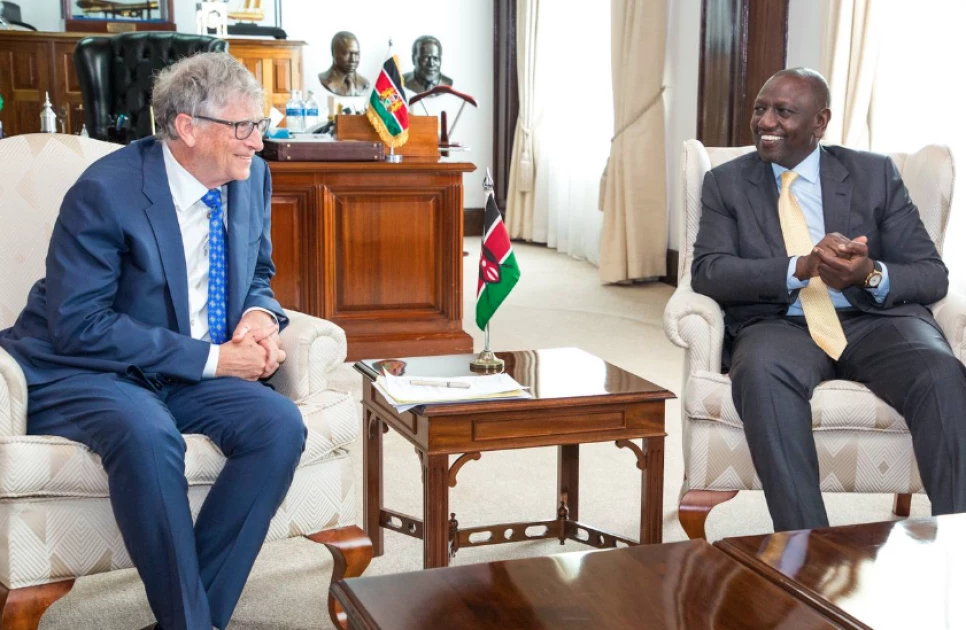
GLOBALIST STOOGE: William Ruto has emerged as the agent for globalist agenda in the region representing unscrupulous foreigners like Bill Gates, George Soros and the Ford Foundation
The selective activism of Mutunga, Mwangi, and Karua, contrasted with the persecution of genuine dissidents like Gaitho, underscores the hypocrisy of Ruto’s strategy, which prioritizes personal gain over regional harmony.
Conclusion
William Ruto’s presidency has transformed Kenya from a regional stabilizer into a catalyst for chaos, employing a sophisticated array of tactics to destabilize East Africa.
By backing separatist militias like the RSF and Congo River Alliance, manipulating opposition figures like Kizza Besigye and Tundu Lissu, and deploying activists like Willy Mutunga, Boniface Mwangi, and Martha Karua as proxies for a globalist agenda backed by Soros, Gates, and the Ford Foundation, Ruto has prioritized personal and economic interests over regional stability.
His actions have prolonged conflicts, strained diplomatic relations, and eroded Kenya’s standing, threatening East Africa’s security framework.
As the region approaches critical elections in 2025, this chronicle of Ruto’s destabilizing influence serves as a critical resource for journalists, scholars, and international bodies seeking to understand the perilous interplay of local politics and global agendas in East Africa.

